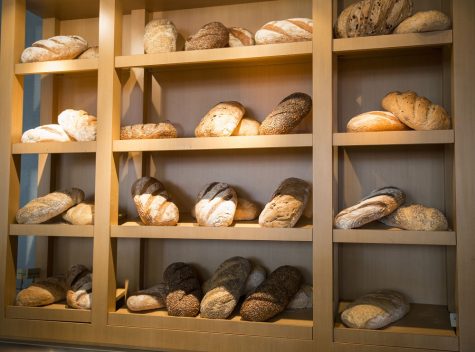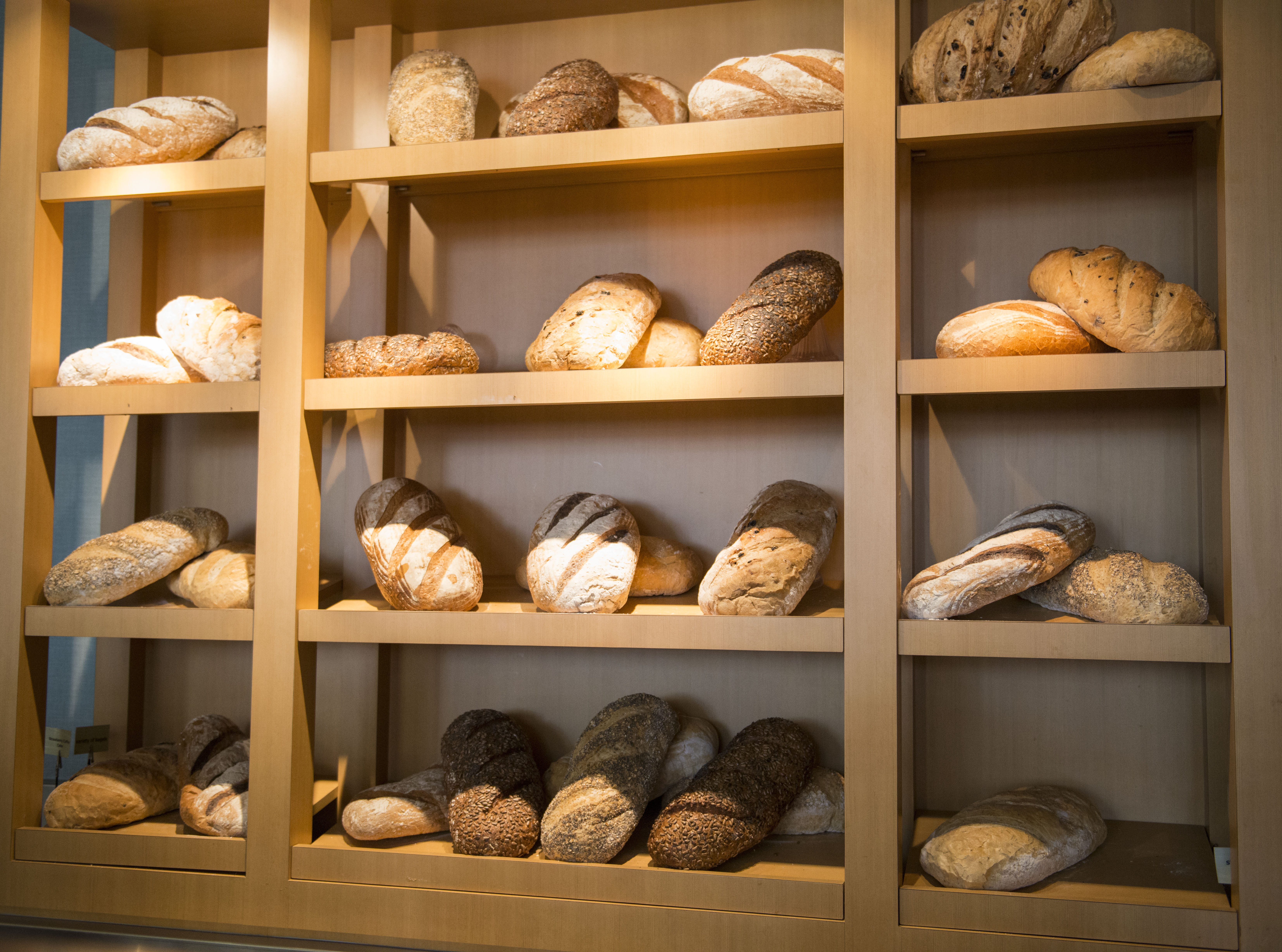
As someone who is passionate about food, I cringe when people misrepresent ingredients near and dear to my heart. I wince when someone swears off eating certain vittles because of distorted information received from the nutritional telephone game everyone is stuck playing. So I have decided that it ends now. It’s time to take back food with a healthy dose of knowledge.
My mission for the semester is to confront these myths, half-truths and outright lies and clear them from our mental plate for good. This series will appear once a month, between all the delicious recipes, reviews and general thoughts on food that I am longing to share.
No more blame games
Our obsession with healthy eating has brought us to some weird, and sometimes dangerous, conclusions. The ‘90s brought the age of lab engineered “better” fats so we wouldn’t have to consume “big, bad” butter or its nutritionally licentious friend, lard. Yet, Olestra, a fat-substitute created by Proctor & Gamble, defiled snack food in its mission to provide the public with “low fat” potato chips, leaving many unfortunate consumers with stomach-churning consequences. Margarine only managed to serve our country with a regular helping of trans-fat. As it turns out, butter and lard can be our friends, while our bodies are confounded by fake substances. Go figure.
Similarly, society has demonized carbohydrates and divided the populace into two camps — those who eat “carbs” and those who don’t. With plenty of help from the Atkins diet, low-carb became the buzzword of healthy eating across America. Companies even made low-carb bread, a ridiculous marketing ploy that never made logical sense to me. Suddenly, people counted carbohydrates more than calories and haughtily thought themselves superior to anyone who helped themselves to a sandwich on whole wheat bread or an everything bagel with schmear. Yet, smug with their low-carb wrap, they were unaware of the half-true trap they had fallen into.
The definition of carbohydrates has been simplified and, because of the evil they have been reduced to in the public eye, they have lost their dignity and reputation. They have been lumped into the same category as starches, which has resulted in people confidentially declaring that they are staunchly against a broad group of food. Ironically enough, this heretical confusion can be solved by understanding the true nature of carbohydrates.
The whole food truth
The carbohydrate is a nutrient essential to our dietary health and is abundant in many types of foods. Providing us with four calories of energy per gram, carbohydrates are meant to be our primary source of energy. Our bodies actually prefer to use more carbohydrates than protein to fuel us throughout the day. However, where the carbohydrates come from matters a great deal. This is where the nutritional witch hunt made a grave error when it named “carbs” the root of all evil and obesity.
Carbohydrates are present in sugar, potatoes, whole wheat bread, white rice, avocados, bananas and broccoli. It is true that starchy foods like potatoes, cake and white bread have carbohydrates. However, it is false that it is the carbohydrates that make these foods inherently bad for us. It is true that excess carbohydrates are stored as fat, but this does not make them bad. It means that, like every other thing we consume, we should watch our portion sizes. I must also repeat that the source of your carbohydrates matters immensely.
For instance, potatoes are high in carbohydrates but also lack enough fiber and key vitamins and minerals to make them a nutritionally sound food. The missing fiber means that the body breaks down carbohydrates quickly causing blood sugar to spike, similar to the number of Google searches of Miley Cyrus after this year’s VMAs, which raises risks for issues like type-two diabetes. The lack of nutrients means that your body benefits very little except for a quick burst of energy and a possible food coma afterwards. The same issue appears with refined grains like white rice or white bread, as removing the grain’s bran and germ eliminates all the natural fiber and vitamins. This leaves only the starchy part of the grain, called the endosperm, which leads to the same issue as the potato example — no matter how much processed food companies fortify it with other nutrients.
However, every fruit and vegetable contains carbohydrates. Fruits have natural sugar, as do vegetables in lower amounts, and many even have some starch. But before you throw out all your apples and carrots, read on. When it is said that carbohydrates should be your primary energy source, this is where those carbohydrates should mainly come from. The carbohydrates in fruits and vegetables are balanced with fiber, vitamins, minerals and fatty acids, which means your body digests them slower and reaps more overall benefits.

Some wholesome reflection
So what is a health conscious person to do now that he or she can’t simply turn their nose up at “carbs” as a whole food group? Count the carbohydrates in vegetables to determine which has the highest amounts? Eat all the brown rice your heart desires because it’s a whole grain and a “superfood?” By no means. Instead, look at each food as a whole, as what it is at face value, instead of as a nutritional label.
While whole grains are great, they don’t have as many vitamins, minerals and other essential nutrients as fruits and vegetables. Eat more spinach and peaches than whole grain bread. I would be lying if I said I didn’t like french fries, made from either sweet or regular potatoes, or despised a good baguette made from refined flour as white as snow. So eat them, just as a rare treat instead of a daily ritual. When we understand food, it is amazing how simple it is to eat well and how silly it is to incriminate whole food groups.










